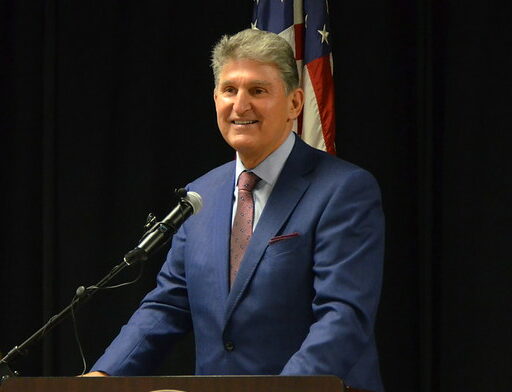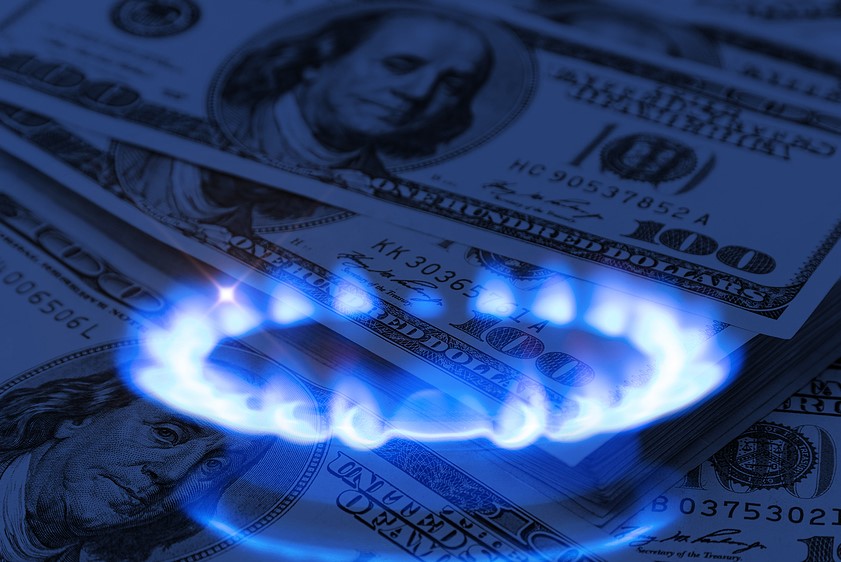Pennsylvania Democrats reacted swiftly Sunday to West Virginia Sen. Joe Manchin’s announcement he won’t be supporting President Joe Biden’s Build Back Better plan, the approximately $2 trillion social spending bill, effectively killing the legislation for now. As Politico’s Jonathan Lemire reported the news, “The stunning decision by Sen. Joe Manchin on Sunday to announce his […]



